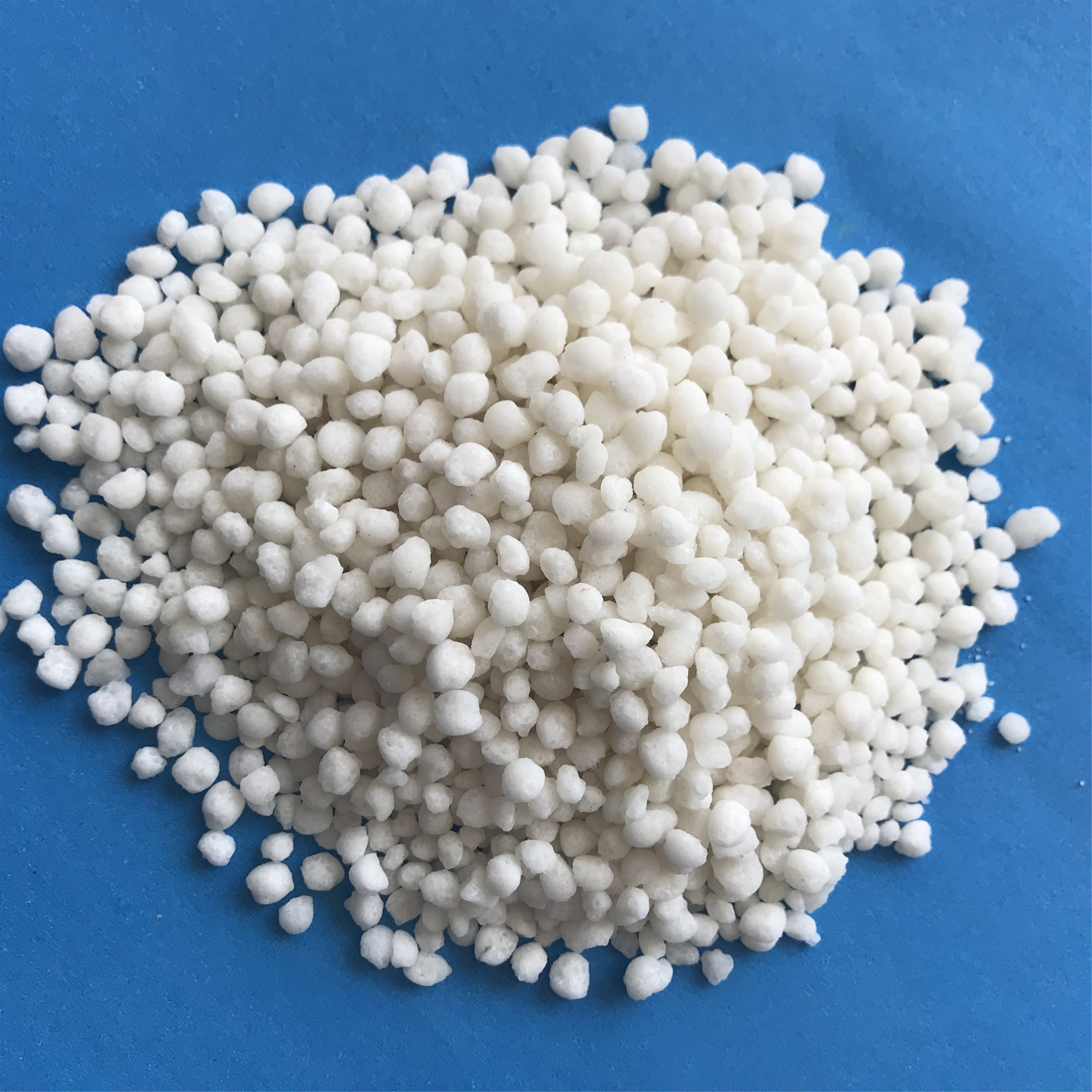



technical sodium chlorite
Understanding Sodium Chlorite Applications and Safety Considerations
Sodium chlorite (NaClO2) is a versatile chemical compound that finds its applications across various industries, ranging from water treatment to disinfectants. Recognized for its strong oxidative properties, sodium chlorite is often utilized in the production of chlorine dioxide, a powerful bleaching agent and disinfectant. This article will explore the various applications of sodium chlorite, the mechanisms of action, and the safety considerations that must be accounted for when handling this compound.
Chemical Properties and Mechanism of Action
Sodium chlorite exists as a white, crystalline powder that is highly soluble in water. Upon dissolution, it dissociates to form sodium ions and chlorite ions. The chlorite ion, however, is the active agent in many disinfection processes. When sodium chlorite is exposed to an acid, it can generate chlorine dioxide (ClO2), a gas that possesses remarkable antimicrobial properties. The effectiveness of chlorine dioxide as a disinfectant arises from its ability to penetrate microbial cell walls, oxidizing critical cellular components such as lipids, proteins, and nucleic acids, which ultimately leads to cell death.
One of the most significant qualities of sodium chlorite and its resultant chlorine dioxide is its broad spectrum of activity against bacteria, viruses, and even protozoa. This makes it an ideal candidate for use in water treatment facilities, food processing, and industrial applications.
Applications of Sodium Chlorite
1. Water Treatment Sodium chlorite is widely used in municipal water treatment plants to disinfect drinking water. It offers several advantages over traditional chlorine, including reduced formation of trihalomethanes, which are harmful by-products typically associated with chlorine disinfection. Moreover, the use of sodium chlorite can help maintain residual levels of chlorine dioxide in the distribution system, enhancing the microbial safety of the water supply.
2. Food Processing In food industries, sodium chlorite is employed as a surface sanitizer for fruits and vegetables. It effectively eliminates pathogenic microorganisms, thus extending the shelf life of produce and ensuring food safety. Additionally, it is utilized in cleaning and sanitizing food processing equipment, contributing to compliance with strict health regulations.
3. Industrial Applications Sodium chlorite is also used in pulp and paper manufacturing as a bleaching agent, where it contributes to the whiteness of paper products. Furthermore, it finds applications in textile bleaching and in the production of various chemical derivatives.
technical sodium chlorite

4. Odor Control and Biocides The compound can also be used to control odors in wastewater treatment facilities. Its oxidative properties make it a powerful biocide, which can help in the manage of biofouling in cooling towers and other industrial systems.
Safety Considerations
Despite its many benefits, handling sodium chlorite requires careful consideration of safety guidelines due to its reactive nature. Sodium chlorite is classified as an oxidizing agent, and it can pose risks if not managed properly. Here are some safety guidelines to follow
- Personal Protective Equipment (PPE) Appropriate PPE, including gloves, goggles, and respiratory protection, should be worn while handling sodium chlorite to prevent skin contact and inhalation of dust or fumes.
- Storage Conditions Sodium chlorite should be stored in a cool, dry place away from incompatible substances, particularly organic materials and acids, as these can trigger hazardous reactions.
- First Aid Measures In case of exposure, affected individuals should be removed from the contaminated environment. Skin contact should be treated with water, while inhalation or ingestion requires immediate medical attention.
- Disposal Considerations Waste containing sodium chlorite should be disposed of in accordance with local regulations, ensuring that it does not contaminate water sources.
Conclusion
Sodium chlorite is a powerful and versatile chemical with wide-ranging applications, particularly in water treatment and food safety. When properly managed, it is an effective agent for disinfection and bleaching. However, responsible handling and adherence to safety protocols are crucial to mitigate potential hazards associated with this reactive compound. As industries continue to seek innovative and effective solutions, sodium chlorite remains a valuable tool, contributing to improved health standards and environmental safety.
-
Why Sodium Persulfate Is Everywhere NowNewsJul.07,2025
-
Why Polyacrylamide Is in High DemandNewsJul.07,2025
-
Understanding Paint Chemicals and Their ApplicationsNewsJul.07,2025
-
Smart Use Of Mining ChemicalsNewsJul.07,2025
-
Practical Uses of Potassium MonopersulfateNewsJul.07,2025
-
Agrochemicals In Real FarmingNewsJul.07,2025
-
Sodium Chlorite Hot UsesNewsJul.01,2025










